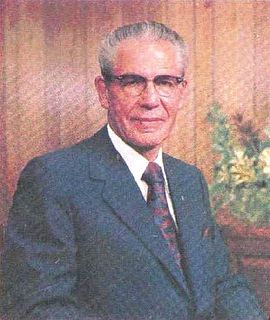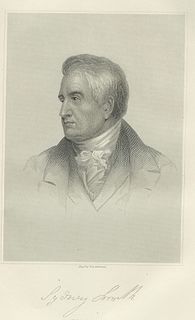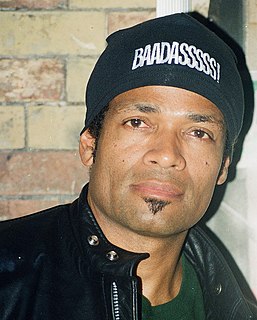A Quote by Nathan Eldon Tanner
Let us look for the good rather than try to discover any hidden evil. We can easily find fault in others if that is what we are looking for.
Related Quotes
A good end cannot sanctify evil means; nor must we ever do evil that good may come of it. We are too ready to retaliate, rather than forgive, or gain by love and information. And yet we could hurt no man that we believe loves us. Let us, then, try what love will do: for if men do once see that we love them, we should soon find they would not harm us. Force may subdue, but love gains; and he that forgives first, wins the laurel.
Whoever has the power to label others as evil is automatically, or reflexively, the good person. Good people label bad people as evil. And once you do that, then it demonizes them. You don't negotiate with evil. You don't sit down at the table with the devil and say, "Okay, let's work this out." What you want to do is destroy evil. Every Catholic kid every night says, or should say, "Lead us not into temptation, deliver us from evil." And so you've got to go to God to help you deal with evil rather than your State Department or your negotiators.
Evil is easily discovered; there is an infinite variety; good is almost unique. But some kinds of evil are almost as difficult to discover as that which we call good; and often particular evil of this class passes for good. It needs even a certain greatness of soul to attain to this, as to that which is good.
We lie to ourselves and try to escape that bitter reality by saying that the world is divided into good guys and bad guys, and that we're the good guys. We condemn people as evil to reassure us that we're not like them. If there's to be any hope of preventing these things from happening again, we have to look at the reality. That any act of evil in our history was committed by human beings like us. That, very often, we're all implicated in it.
A good end cannot sanctify evil means; nor must we ever do evil, that good may come of it... It is as great presumption to send our passions upon God's errands, as to palliate them with God's name... We are too ready to retailiate, rather than forgive, or gain by love and information. And yet we could hurt no man that we believe loves us. Let us try then what Love will do: for if men did once see we love them, we should soon find they would not harm us. Force may subdue, but Love gains: and he that forgives first, wins the laurel.
People are tempted to think (understandably) that if God were really good He'd never allow any evil in the world at all. But I don't think a perfectly good God would never permit any evil, and neither would others, I wager, if they thought about it. Rather, I think that a good God always prevents suffering and evil unless He has a good reason to allow it. That's the crux.
Most of us have learned to be dispassionate about evil, to look it in the face and find, as often as not, our own grinning reflections with which we do not argue, but good is another matter. Few have stared at that long enough to accept that its face too is grotesque, that in us the good is something under construction. The modes of evil usually receive worthy expression. The modes of good have to be satisfied with a cliche or a smoothing down that will soften their real look.
There is no end to the creativity, ingenuity, and tenacity of those who look for reasons to criticize. They cannot seem to release their grip on grudges. They gossip and find fault with others. They nurse wounds for decades, taking every opportunity to tear down and demean others. This is not pleasing to the Lord, 'for where envying and strife is, there is confusion and every evil work' (James 3:16).
Receptivity and sensitiveness are what makes one's behaviour endearing and enriching. Do not try to thrust your likes and dislikes on others. Try instead, to find out what those around would expect from you and where you can possibly contribute. Rather than feeling conflict or confrontation every time, look for and generate greater notes of harmony.
































